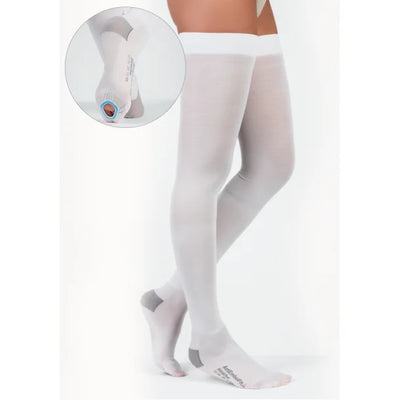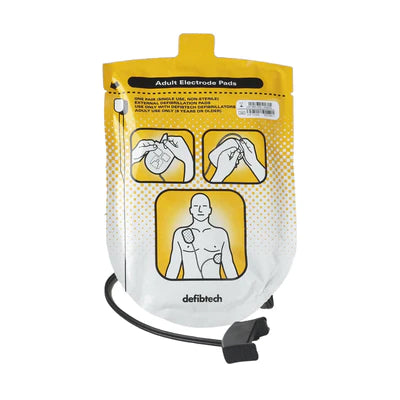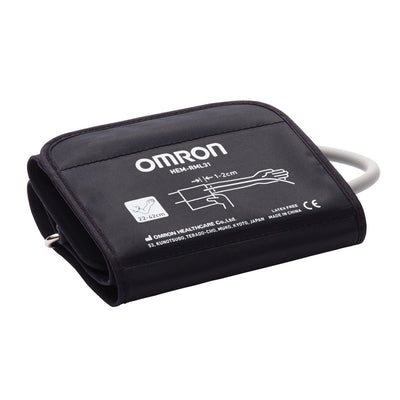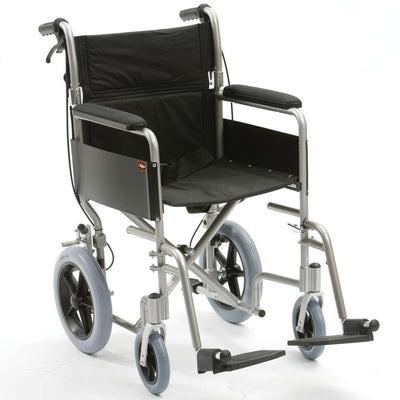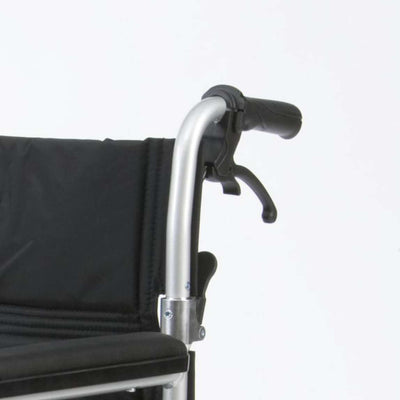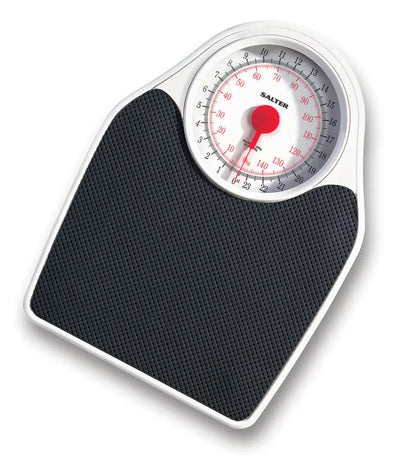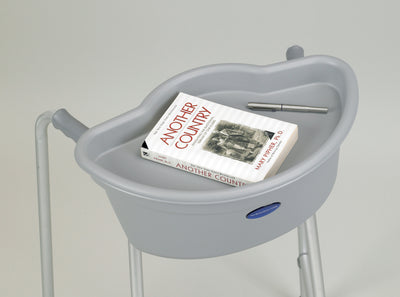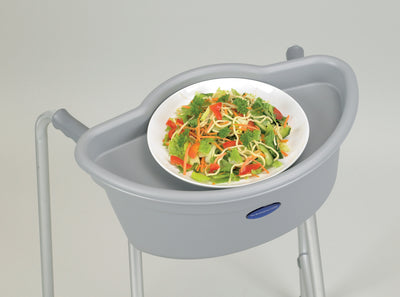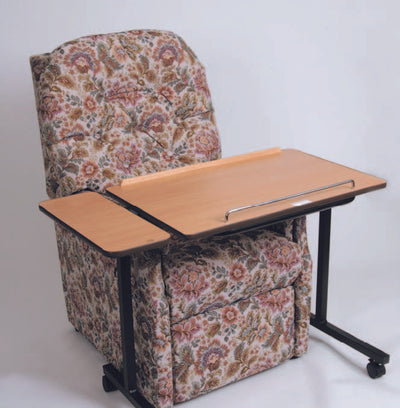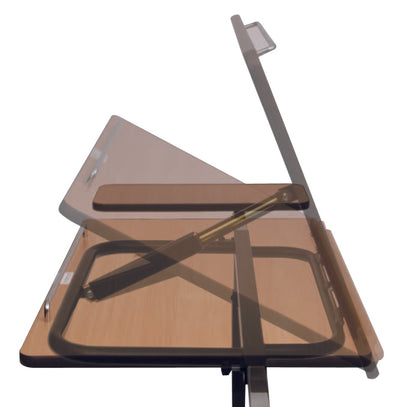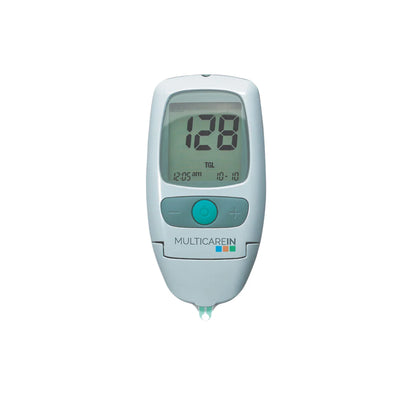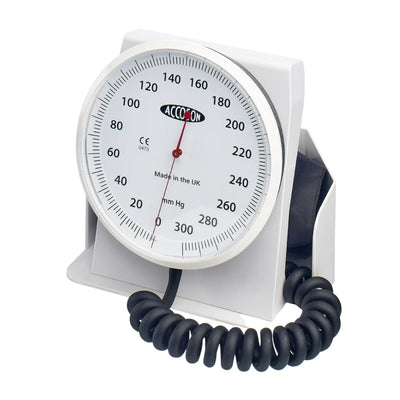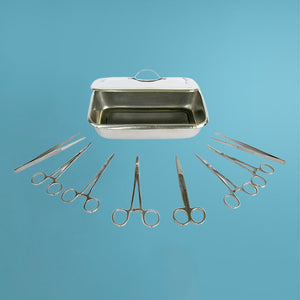Let's talk about living with incontinence
Ok, we know it's a subject that's off limits for many of us. It's embarrassing, it's messy and frankly it's something we would rather not talk about at all. Unfortunately, incontinence is a fact of life and can happen at any age. Young children frequently suffer from bedtime incontinence, it's not uncommon for women to develop stress incontinence after childbirth and the stats suggest that 1 in 5 adults over the age of 40 are living with an over active bladder that can sometimes lead to leakages both mild and not so mild.
Caring for someone with urinary incontinence
The first word that comes to mind when faced with a family member struggling with incontinence is - compassion. Be as compassionate and understanding as you can. Caring for an incontinent family member can be challenging, to say the least. While you might get frustrated with them and with the difficulties of cleaning and changing them and their clothing etc, you will feel better to remember that they too are feeling the same frustrations and annoyance with themselves. Compassion and understanding always help.
Dealing with accidents
If someone has an accident, then you should deal with it promptly and discreetly. It’s a good idea to have a change of clothing or bedsheets always at the ready - either in the house or in your car or bag if you're out and about. Being stuck with wet or soiled clothing and sheets will be incredibly uncomfortable for the patient and unpleasant for you and others too.
Stock up on sanitary and incontinence pads. These are incredibly useful for people who struggle with bladder control, and allows them to go about their day relatively secure in the knowledge that they may have some leaks but remain dry on the outside. Again, having a good supply to hand at home or in the car or your bag is a good idea, as is sensitively reminding the patient to change themselves regularly if they are capable of doing so.
It is possible that the patient will be unaware of their 'leaks', so you may need to inform them when you realise (remembering your compassionate voice) and discreetly take them to the bathroom to change without alerting others to what's going on to prevent any embarrassment for the individual.
At home it would be a good idea to fit a waterproof bedsheet and even a waterproof pillowcase to protect beds from overnight leaks and accidents.
Schedule toilet breaks
As part of a daily routine, some people may benefit from scheduled trips to the bathroom. Setting an alarm to remind the patient to go to the bathroom at set times throughout the day or taking someone who might be less mobile or able to go themselves at regular intervals may help to reduce the risk of accidents. The routine of regularly nipping to the loo could start to 'train' the patient's bladder to go for slightly longer between trips and, despite the possible hassle, could drastically reduce the number of clearing-up scenarios you will both have to deal with.
Reduced Caffeine and Alcohol Intake
As a means of prevention it's often advised that drinks with caffeine or alcohol should be reduced as they have strong diuretic effect, causing the individual's need to go to the toilet to become much more regular and pressing. While we are not suggesting these drinks should be totally removed from the patients diet (we know most of us do love a nice cup of tea), it might be worth considering reducing the amount in the run up to a trip outside or before bedtime for example.
If you're taking an incontinent patient out for a shopping or social event, you might want to consider coming up with a shared 'code' word that allows you to both to communicate that it's time to urgently go to the bathroom or that a change is required. when you are both out and about.
Seeking Help for Incontinence
Caring can be a lonely and difficult job but you are not alone. If you find that you and your loved one are not coping with the incontinence then you should seek advice from your doctor, and ask about any incontinence support groups in your area, or a network of carers that can offer help and support.
When treated early, incontinence is not a serious issue, and it does not need to limit a person’s quality of life. Many people with incontinence manage to keep it under control and even continue to play sport and live a busy and active life.
Need more support? We're always here to help.
For all your Medical and Homecare supplies give us a call at Mediworld.
We have over 40 years experience in medical, surgical and home health supplies and we're always on hand to chat if you need support or advice. Follow us on Twitter and Facebook.

